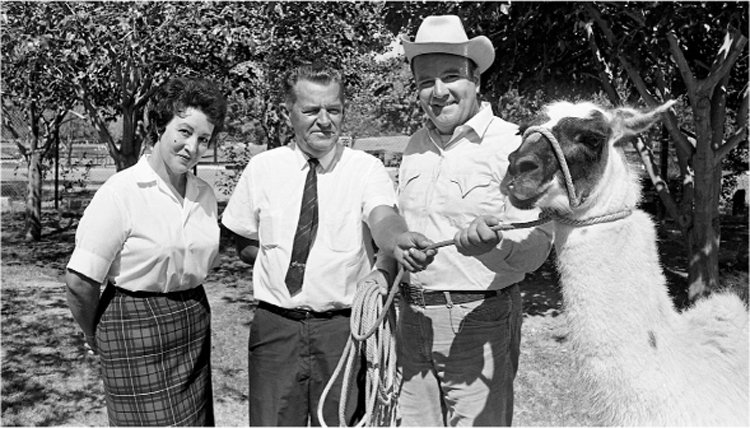Celebrating National Zoo and Aquarium Month
In honor of National Zoo and Aquarium Month, celebrated throughout June, it is only fitting to spotlight Tucson’s own Reid Park Zoo. The zoo has quite humble beginnings for an attraction that consistently draws over half a million visitors each year. Believe it or not, the first animals to occupy the space were not dogs, but rather prairie dogs. Even if they are only related to dogs by their namesake, the connection cannot be denied. At Tucson Doggie Doors, we never pass up an opportunity to talk about our beloved furry friends, who give us our namesake.
In 1965, then head of Tucson's Park and Recreation Department, Gene C. Reid, found himself with 18 prairie dogs. They were given to him by A.C. “Stump” Hamilton, who ran a Prairie Dog Town in Texas. Reid was inspired to build one of his own. With little involvement of city leaders and no official monetary assistance, what would eventually become the Reid Park Zoo expanded with some help from the Tucson community. People donated animals, ranging from toucans to monkeys to camels, as well as funds to build the necessary enclosures and continue bringing in new species. The zoo, then referred to as the Randolf Park Zoo, became official in 1967 after the city council agreed to include it in their budget.
Reid and his team faced several obstacles in the years that followed. However, the zoo’s lasting success is a product of its hard work and dedication. The Reid Park Zoo has grown from its single Prairie Dog Town to grounds spanning 24 acres. It is home to hundreds of animal species and is involved with several conservation programs around the world. Although the zoo’s reach and impact exist on a much larger scale than that of Tucson Doggie Doors, we are driven by the same fundamental goal: to give animals the best opportunity to thrive.
In honor of National Zoo and Aquarium Month, visit your local zoo to show your support and appreciation for all that they do for animals worldwide!
Sources:
The Early Years of Reid Park Zoo: A Photo Essay by David Leighton
“Then Someone Gave Us a Monkey”: The Early Years of Tucson’s Reid Park Zoo by David Leighton

